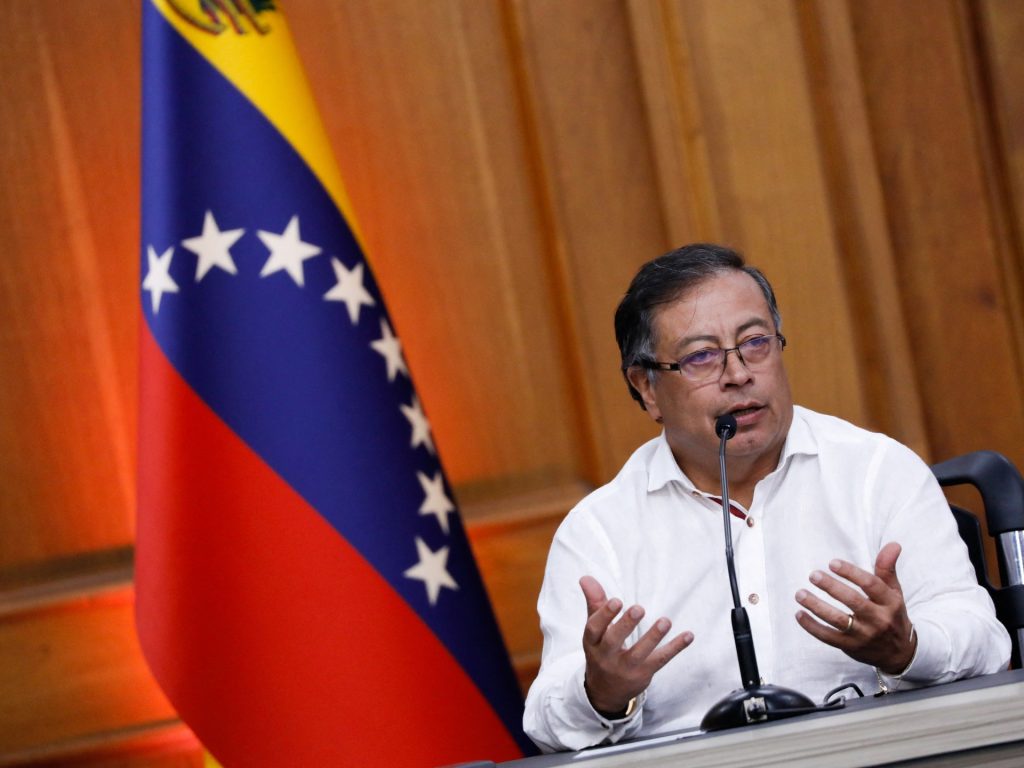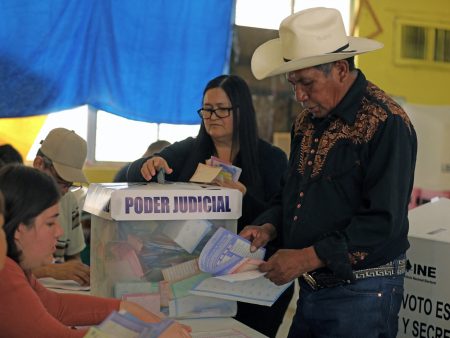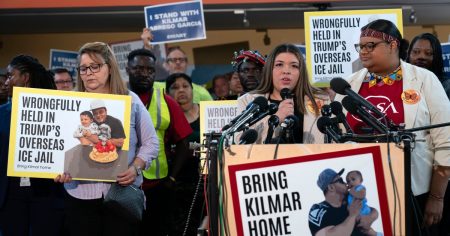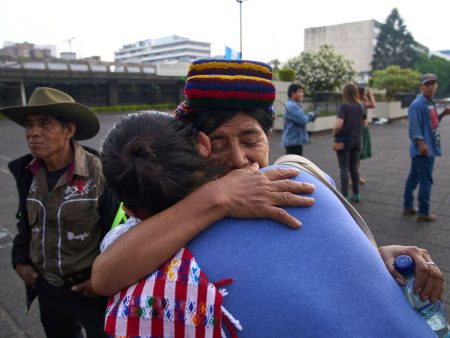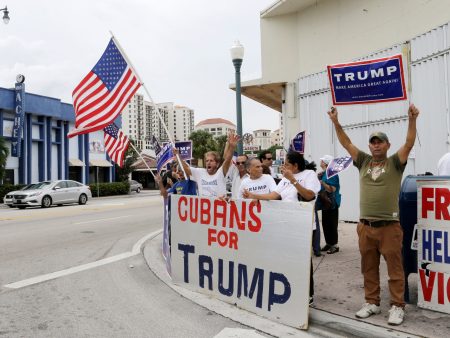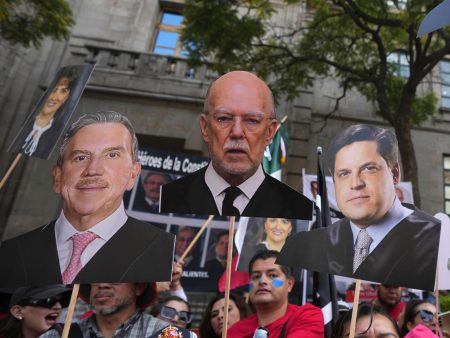The suspension of peace talks between the Colombian government and the National Liberation Army (ELN) marks a significant setback in President Gustavo Petro’s ambitious “total peace” initiative. The decision, announced by Petro himself, follows a surge of violence in the Catatumbo region, a strategically important area bordering Venezuela. The ELN’s attacks, which targeted demobilized members of the Revolutionary Armed Forces of Colombia (FARC) and a dissident FARC faction known as the Estado Mayor Central (EMC), have been condemned as war crimes by the Colombian president and have sparked international concern. The escalating violence underscores the fragility of the peace process and the persistent challenges in achieving lasting stability in a region long plagued by conflict and illicit activities.
The Catatumbo region, historically a hotbed of armed conflict and drug trafficking, has witnessed a resurgence of violence unseen in years. The ELN’s aggressive actions against its perceived rivals, including former FARC members who had laid down their arms as part of the 2016 peace agreement, have displaced numerous families and created a climate of fear. This renewed conflict threatens to unravel the progress made in recent years towards peace and reconciliation. The ELN’s blatant disregard for the ongoing peace talks, evidenced by the intensity and scope of their attacks, raises serious doubts about their commitment to a peaceful resolution. The situation highlights the complex dynamics of the region, where various armed groups vie for control of lucrative criminal enterprises, complicating efforts to establish lasting peace.
The breakdown of the peace process represents a blow to President Petro’s vision of achieving “total peace” in Colombia. Upon taking office in 2022, Petro prioritized ending the decades-long conflict that has plagued the country. His government initiated a six-month truce with the ELN and embarked on a series of negotiations aimed at bringing the armed group into the peace process. However, these efforts have been repeatedly hampered by clashes and mistrust, demonstrating the deep-seated challenges in resolving the multifaceted conflict. The latest attacks highlight the ELN’s willingness to resort to violence, even during periods of negotiation, raising questions about the group’s true intentions and the viability of the peace process moving forward.
The international community has expressed grave concern over the escalating violence and the suspension of peace talks. The United Nations, through its representative in Colombia, Carlos Ruiz Massieu, has condemned the attacks and urged all armed groups to cease hostilities. UN Secretary-General Antonio Guterres has called for the establishment of a new ceasefire with robust monitoring mechanisms to protect civilian populations. These calls underscore the international community’s recognition of the gravity of the situation and the importance of finding a peaceful resolution to the conflict. The international community’s continued engagement will be crucial in supporting Colombia’s efforts to achieve lasting peace.
The resurgence of violence in Catatumbo raises fundamental questions about the effectiveness of the Colombian government’s peace strategy. While Petro’s initial efforts resulted in some reduction in overall violence, the persistence of rebel infighting and clashes with the army indicates the limitations of the current approach. The ELN’s actions demonstrate the difficulty of engaging with armed groups that may not be fully committed to the peace process. The government’s ability to control the activities of various armed actors in remote regions like Catatumbo remains a significant challenge. The ongoing violence underscores the need for a comprehensive and adaptable strategy that addresses the root causes of the conflict, including the illicit economies that fuel the violence.
Moving forward, the Colombian government faces a complex and challenging task. Resuscitating the peace process with the ELN will require addressing the underlying issues that have led to the current impasse. Building trust between the government and the armed group will be essential, but the ELN’s recent actions have eroded that trust significantly. The government must also address the concerns of communities affected by the violence, including ensuring their safety and providing support for those displaced by the conflict. International support and collaboration will be crucial in helping Colombia navigate this complex landscape and achieve its goal of lasting peace. The path forward remains uncertain, but a renewed commitment to dialogue and a comprehensive approach that tackles the root causes of the conflict are essential for achieving a sustainable peace in Colombia.




